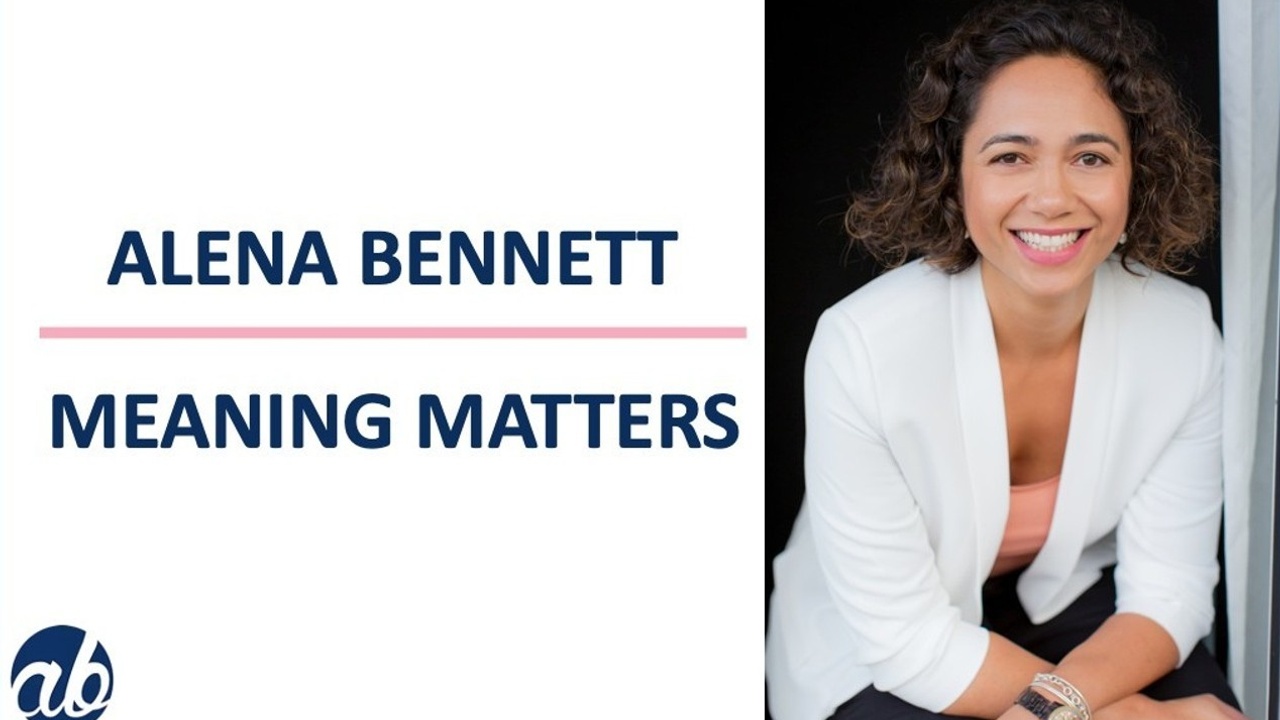My 2 girls have been staying up late, eating gourmet meals 5 days a week - no interest in Vegemite or jam sandwiches - and they're on their devices from 3pm in the afternoon. Mila, my youngest, stated with aplomb this week 'All of lockdown is like school holidays!' to which the response under my breath to my husband was, 'thank god she said this in the last week of lockdown and not the first'.
The point is, our plans have slipped, our routines have changed and now we have the fun job of dealing it all back to Vegemite sandwiches, 8pm bedtimes and no devices on weekdays. It's not as simple as giving them a new set of rules.
How are we going to survive the new routine?!
Redefining our 'new normal'
In our CFO Boardroom session this week, this exact issue was discussed. Not with respect to Vegemite sandwiches, of course, but we had people experiencing all ends of the 'return to work' spectrum. We had
• those being 'dragged' back into the office by their CEOs
• those not returning until December 1
• those in hospitality who were jumping at the chance to get back in and serve their community
• those loving the time being around people in the city
• those doing 3-4 days in the office and the rest from home: the 'hybrid' model
Guess what? Energy was a struggle and routines were messed up.
But here's the thing. Every single person in NSW is going through the same thing right now and Victoria will start soon enough.
What does that mean for our numbers?
It means our numbers are going to be different. They're going to reflect this 'mess' through more volatility and it's our job to make sure that our CEOs and stakeholders are equipped to understand the financial implications of their people movements. We need to be asking ourselves:
• What does business look like now that we're back?
• Has the 'Great Resignation' started to rear its head in your office?
• What does that mean to headcount forecasts and project fulfilment timelines and capabilities?
• What does it mean for your sales forecasts and operating expenses?
• How has the strategy changed in the last 3-6 months? How does it need to change now?
• What does that mean to the numbers and assumptions?
Finally, and possibly most importantly:
How do we communicate these changes within our business so that everyone can create the routines, goals and measures they need to be successful now?
This might feel like a long list of questions, but the point is - as a CFO you're an educator. You are the only person in the executive team that has an intimate understanding of the financial ins and outs. I spoke with the incredible Rajeev Adrian, CEO of ABC International Bank plc, this week and as someone that's made the shift from CFO to CEO he shared an important piece of insight that I want to share with you: 'Finance leaders tend to take their finance skills for granted. We need to leverage the power of those skills to help our people and business thrive.' But here's the thing - if we don't communicate in a meaningful way to the business this 'power' is all just noise. None of it's real until it's translated into terms they care about.
From stating facts to storytelling
Which is why the skill of financial translation is about trust and empathy. As our world shifts beneath us once again, we need to educate the business around what the new targets are and what this all means. We need to be sense makers and tell stories - not state facts. Not just show them what the numbers are, but what they mean.
Initiate the conversation around our new routines, ways of working and that of our partners, customers and supplies. What's going on? What does that mean for how we need to reorganise ourselves and how does that mean we may need to change the way we measure performance?
How is that story reflected in the numbers?
Simple stories work
'If you can't explain it to a six-year-old, you don't understand it yourself.'
We all know what this represents, don't we?
Much of the work we need to do is complex, but again for our stakeholders - that's just noise. The question is: how do we simplify what might be technically complex so our people understand it?
I had the privilege of speaking with Stephen Dubner, author of Freakonomics and Superfreakonomics, a few weeks ago and he told a great story. It was about the most read book in the world, the Bible. He said that if you were to survey people in America, people can name somewhere between 2-3 of the 10 commandments. But ask them to tell a story from the Bible? They all know a story, whether it's Noah's Ark, Moses, etc. The stories are memorable. When people remember your stories, they are more likely to remember what to do.
So with that...
What trends are impacting your business at the moment or on the horizon?
What will be the impact on the numbers?
How can you use storytelling to engage your stakeholders and lead them through this continued difficult time.



